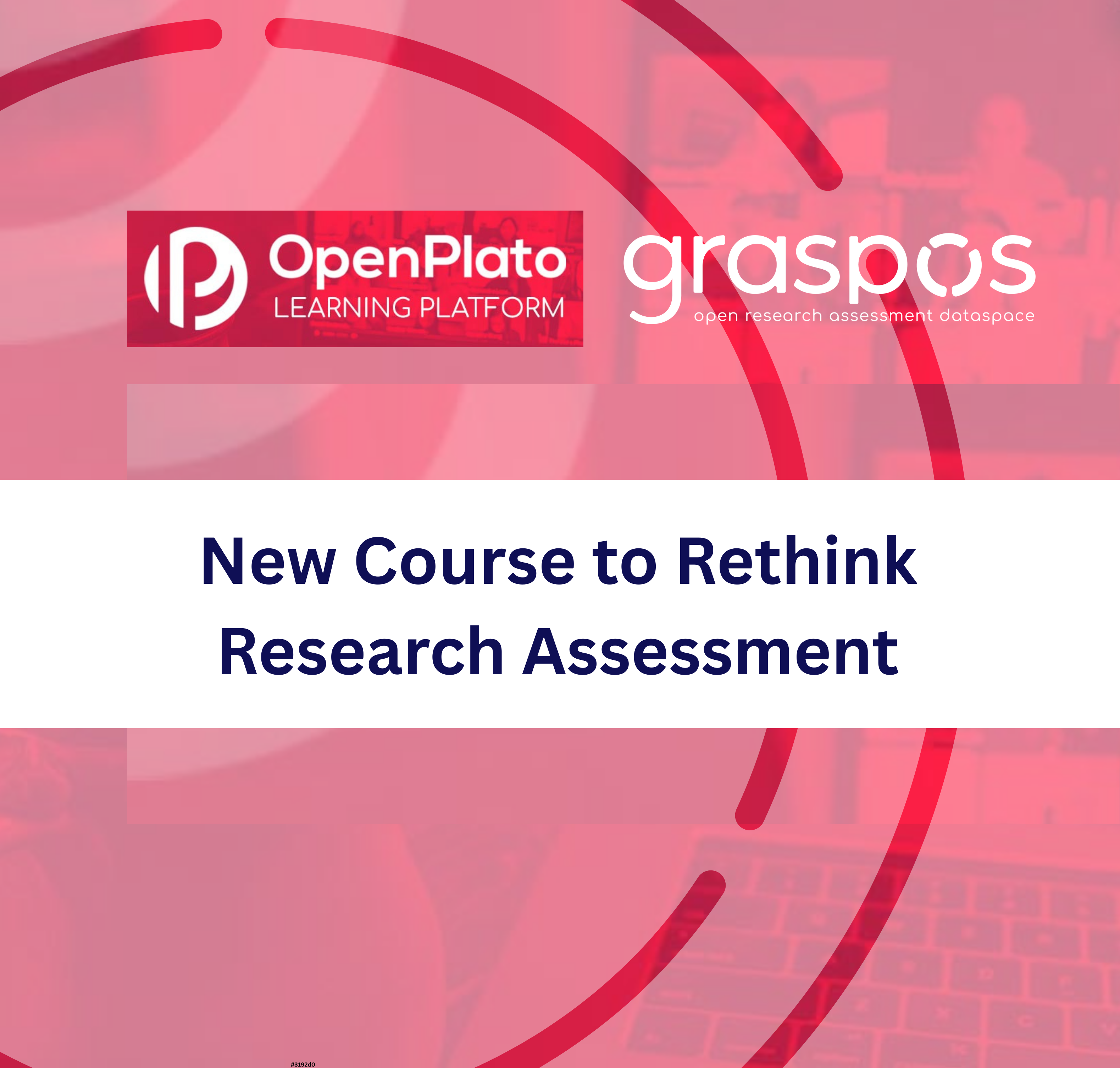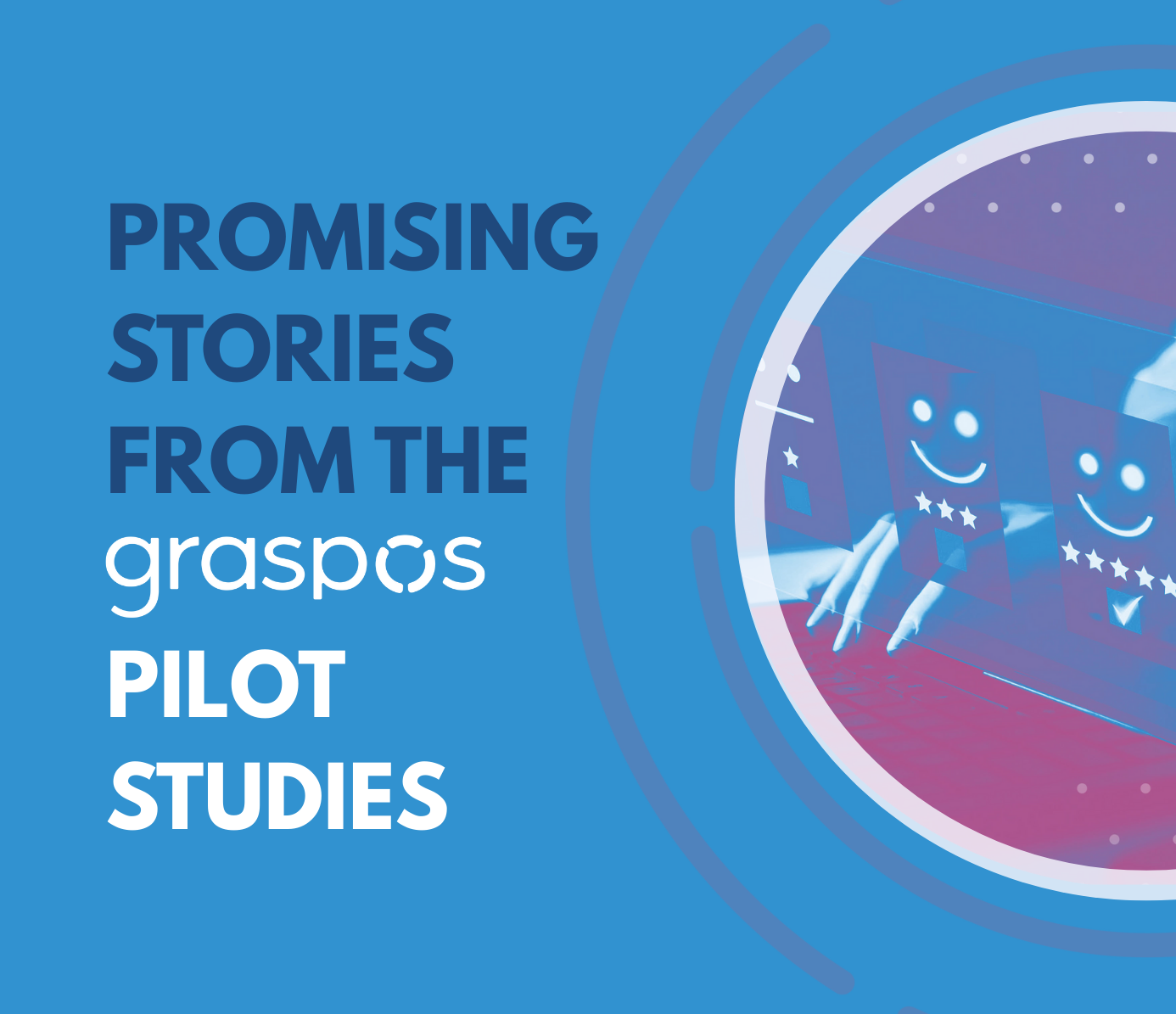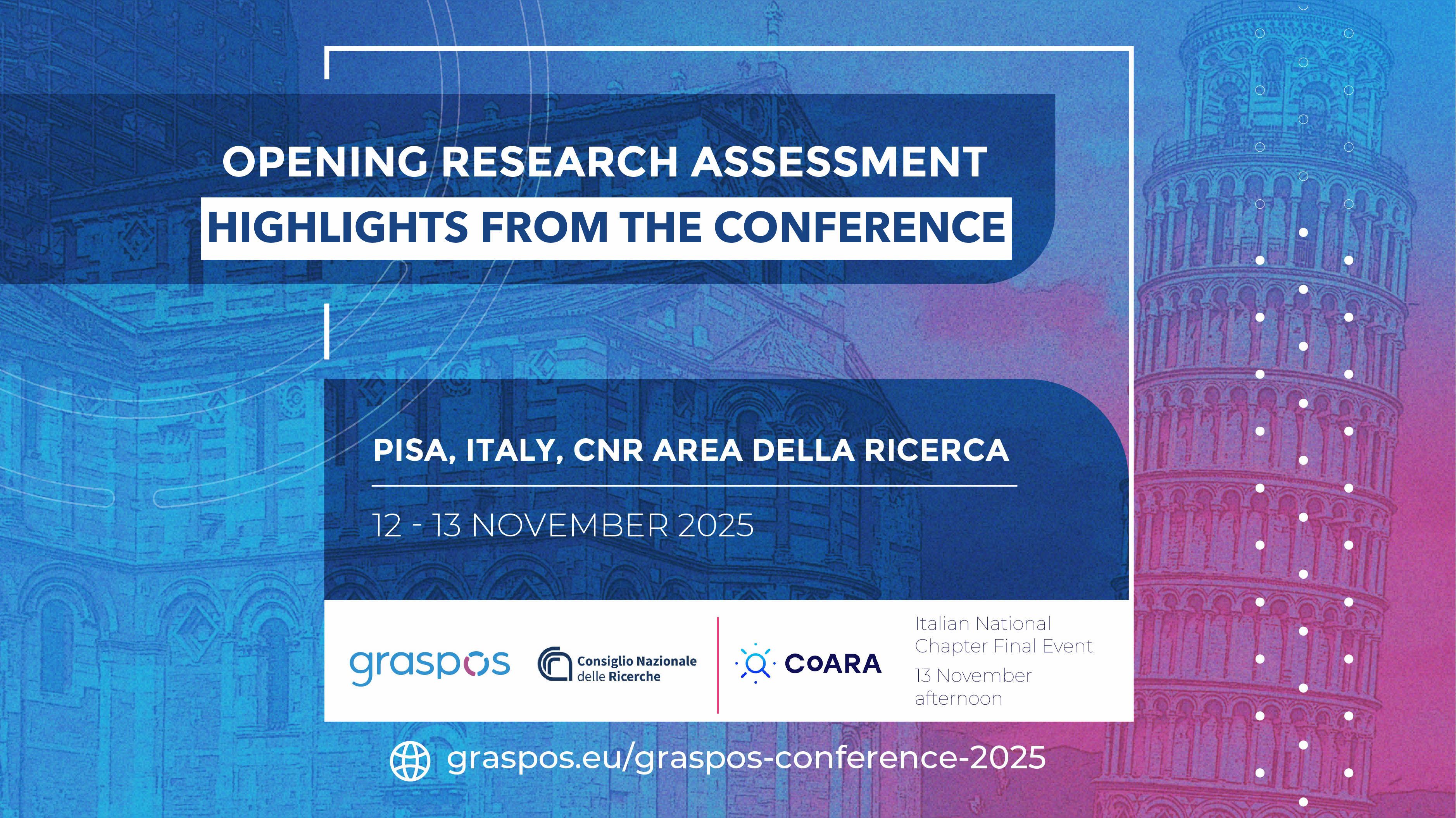GraspOS Chats #3 Get to know Ludo Waltman
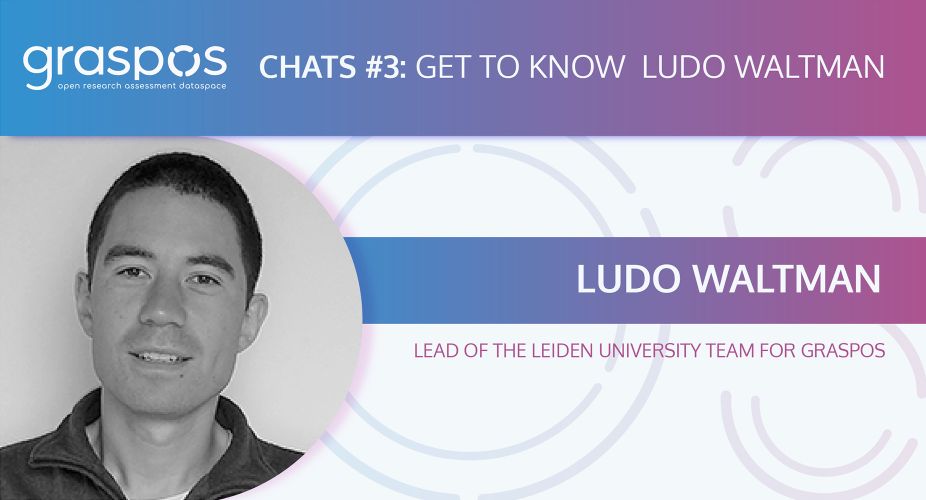
IN THIS SERIES OF INTERVIEWS WE FEATURE GRASPOS MEMBERS TO PRESENT THE PEOPLE BEHIND THE SCENES. WHAT IS THEIR ROLE IN THE PROJECT, THEIR BACKGROUND, AND THEIR VIEW ON THE NEED FOR AN OPEN SCIENCE-AWARE RESPONSIBLE RESEARCH ASSESSMENT SYSTEM?
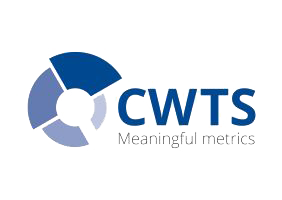
Ludo, what is your role in GraspOS?
I am leading the GraspOS team at CWTS, the Centre for Science and Technology Studies at Leiden University in the Netherlands. We are proud to play a central role in the GraspOS project. At CWTS we are putting a lot of effort into promoting more responsible research assessment practices, in supporting the transition to open science, and in advancing the use of open research information. These are all key elements of GraspOS, making the project very exciting for us.
What is your background in terms of previous work experience and academic discipline, and which specific perspective(s) does that background contribute to GraspOS?
I have a background both in computer science and in social sciences (economics). In the GraspOS project, I think this mixed background helps me understand both technical discussions about open infrastructures and social science discussions about research assessment practices.
The work I have been doing for more than 15 years in the field of scientometrics, combined with my experience as journal editor, has drawn me into open science. Over time I got increasingly dissatisfied with the lack of transparency in many scientometric analyses, and simultaneously I became more and more concerned about the way scholarly publishing is organised. While we need to acknowledge that open science doesn’t provide a silver bullet to solve all problems, I strongly believe it helps us move towards a better research system.
What is your opinion on the need for an Open Science-aware research assessment system, and what are the challenges to achieving policy reforms?
The Open Science transition can be successful only if research assessment practises co-evolve. It is crucial for assessment systems to become more Open Science aware. Let me give an example to illustrate this.
I believe we need to fundamentally rethink the way scholarly publishing and peer review are organised. Moving towards much more open ways of working, for instance based on open access, preprinting, and open peer review, is crucial. However, this is possible only if we also rethink the criteria based on which researchers are assessed. As long as researchers are assessed primarily based on publications in prestigious journals, it is perfectly understandable that many researchers are hesitant to give full support to the introduction of new approaches to scholarly publishing. Research assessment practices need to change to enable researchers to embrace more open approaches to publishing.
Policy reform of course involves many challenges. Perhaps the biggest one is to get senior researchers on board. Many of these researchers have grown up in systems in which research assessment was organised in a very traditional way, and they are used to this way of working. It is often difficult for them to see the need for change and the opportunities offered by new ways of doing things. Moreover, given their prominent role in the research system, they tend to have a lot of power to slow down policy reforms. Many junior researchers also see them as role models and tend to copy their way of working. While not easy, it is crucial to get senior researchers on board in the transition towards more open and more responsible assessment practices.
Can you talk to us about the activities you are currently working on in the project?
My current focus, together with the other colleagues in the CWTS team, is on setting up a Community of Practice in which we will bring together a variety of stakeholders that are likely to benefit from the outcomes of GraspOS. We also expect to get important input from these stakeholders. This input is surely going to enrich the work we are doing in the project.
In addition, at a more conceptual level the CWTS team has started to work on designing an Open Science Assessment Framework, a framework that I see as a crucial element of GraspOS. It will bring together the research assessment needs of the pilot partners in the project and the open infrastructures that are being created by the technical partners. While the design of the framework is still in an early stage, I am delighted to see the interesting direction in which we are moving.
What are some of the most exciting aspects regarding the first developments of the project?
I am very excited that we are bringing together teams with strong technical expertise and teams with expertise primarily in research assessment. It is not always easy to understand each other’s way of thinking, and this is precisely why projects like GraspOS are so important. We need to better understand each other, and the best way to achieve this is by working together towards a common goal!
What is the one thing that you desperately need in your daily work routine?
I like to do some sports every day. It makes me feel more energised. Unfortunately too often I fail to do my daily exercising, especially on busy working days. Finding the right routine to combine daily exercising with a crowded professional schedule and family life remains a challenge for me.
Ludo, thank you very much for the interview!

